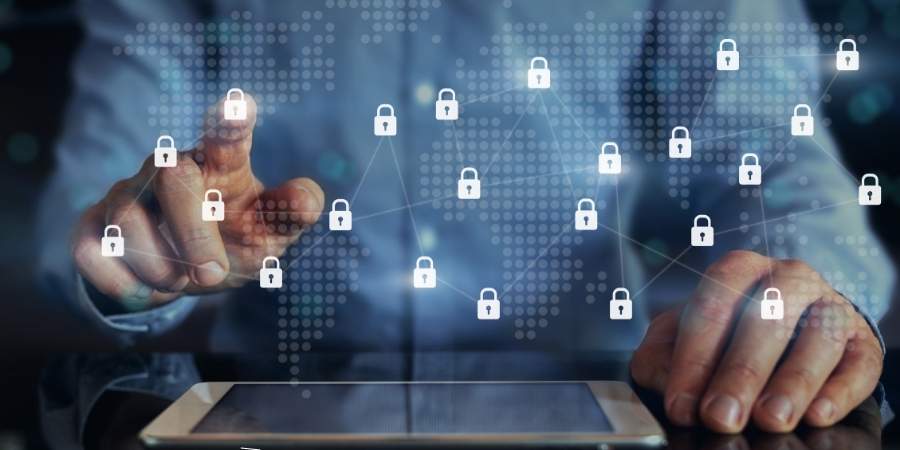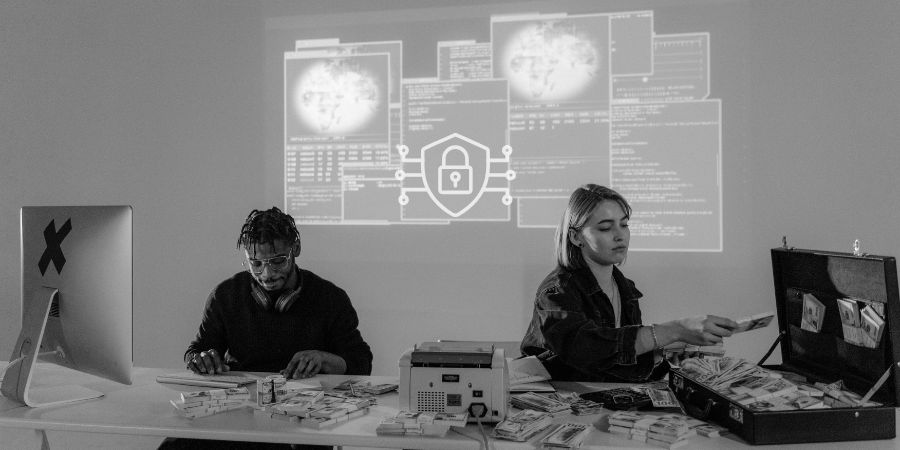As the world gets more interconnected and dependent upon technology as technology advances, cybersecurity’s security of the future is more crucial than ever. With every new advancement in the use of digital tools and systems new threats also appear. Hackers are becoming more sophisticated and their tactics are rapidly evolving. Governments, businesses and even individuals all have to face the threat of securing their data in the digital age. Significant what the future grasp in cybersecurity will aid us in preparing for what’s to be in the future.
Rising Threats in a Connected World
With the advent of smartphones, smart computing as well as artificial intelligence (AI), the digital realm is growing at a rapid speed. All devices, from phones to homes with smart technology are online. While this can be a boon for convenience but also opens the door for hackers to gain access to private information. It is likely that the security of the future will be able to combat these threats by putting in place greater, more robust security measures.
Cyberattacks aren’t solely about stealing passwords, and hacking sites. Today, attackers are able to stop entire systems from functioning and disrupt national services or even affect public perception with false information. The dangers are real and increasing every day. In the end, cybersecurity is a growing issue across all industries.
AI and Machine Learning in Cyber Defense
Artificial Intelligence (AI) as well as machine-learning play an important part for shaping future direction of the cybersecurity industry in the coming years. These tools help recognize and battle cyber-attacks more quickly than humans have ever. Along the analysis of high amounts in data AI detect patterns which could show a threat. This means that threats can be detected and stopped before they cause significant damage.
Machine learning systems are improved with time, absorbing lessons from past incidents to become more intelligent and efficient. The future of cybersecurity will heavily depend on these systems for protection of sensitive information and systems. However, there’s one drawback. Cybercriminals are making use of AI as well. They are able to create more convincing phishing emails or deepfakes as well as other tools that can be used to fool users and penetrate defenses. Therefore, while AI aids in protecting the systems it makes it harder for experts to stay a step ahead of hackers who use similar tools.
Cybersecurity and Remote Work
The remote work is now a common routine for many people all over the world. While this new trend offers the ability to work from anywhere, it also brings new threats. Personal and home networks typically low security and are therefore unsafe to hackers. The the future, cybersecurity security, securing remote workers will be the top concern for businesses.
This will require improved tools, strict policies, and continuous education for employees. Businesses will have be investing in safe communications platforms such as VPNs, virtual private networks (VPNs) as well as multi-factor authentication. In the future cybersecurity must adjust to ensure the safety of employees who are no longer restricted to one office space.
Cloud Security Takes Center Stage
Cloud computing has changed how businesses manage and store information. Data is no longer stored in one location but distributed over multiple servers. This has made the operations more efficient as well as more adaptable, however it also raises the risk of security attacks. In the next phase of security will be focused more on safeguarding cloud-based systems.
A growing number of companies are shifting all their cloud-based services, such as hospitals, banks as well as government agencies. Clouds are an perfect attack target for hackers. To counter this security solutions, they must be more agile and cloud-native that is, they are designed for cloud environments. Secure encryption, real-time monitoring security access control, and real-time monitoring will become crucial in fighting cloud-related risks.
The Role of Education and Awareness
Technology alone can’t protect the cyberspace. Human mistake is one of the main security issues. When you click on a suspicious link or using passwords that are not secure, or ignoring the need to update software could open the door for an attacker. Education is required element in security in the security of the future.
Individuals and businesses require continuous education to keep abreast of the most recent threats and best methods. Schools business, colleges, and schools must place cybersecurity education as a top priority. Learning to identify threats and react appropriately to them will be as vital as having a robust security system in place.
Stronger Laws and Global Cooperation
Cybercrime does not have a limit on boundaries. A hacker from one country could attack systems in another country with only one click. This is why security specialist say that the security of the future requires international coordination. Countries need to work together to develop common rules and jointly take action against cyber criminals.
The government is already develop to take onstricter laws pertaining to cybersecurity and data privacy. These laws help safeguard the users and make businesses accountable for keeping their data secure. In the next few years more international agreements are likely to be negotiated that will make it much more difficult for cybercriminals and hackers to conceal their identities and operate in a free manner.
Preparing for Tomorrow’s Challenges
The digital realm is growing rapidly, and so do the risks that accompany it. It is likely that the security of the future will be determined by the way companies, individuals and even governments deal with these threats. Making investments in the latest technology, educating people and forming strong relationships will all play part in creating a more secure digital world.
Cybersecurity isn’t only a technical problem. It’s a crucial aspect of modern society, affecting everything from shopping online as well as national security. The decisions you make today will determine the level of security the world will be in the future. In a constantly evolving world being informed and well-prepared is the best protection.
Through focusing on innovation education, and collaboration by focusing on education, innovation, and cooperation the future for cybersecurity could be one in which technology can continue to help users in a secure and safe manner.







